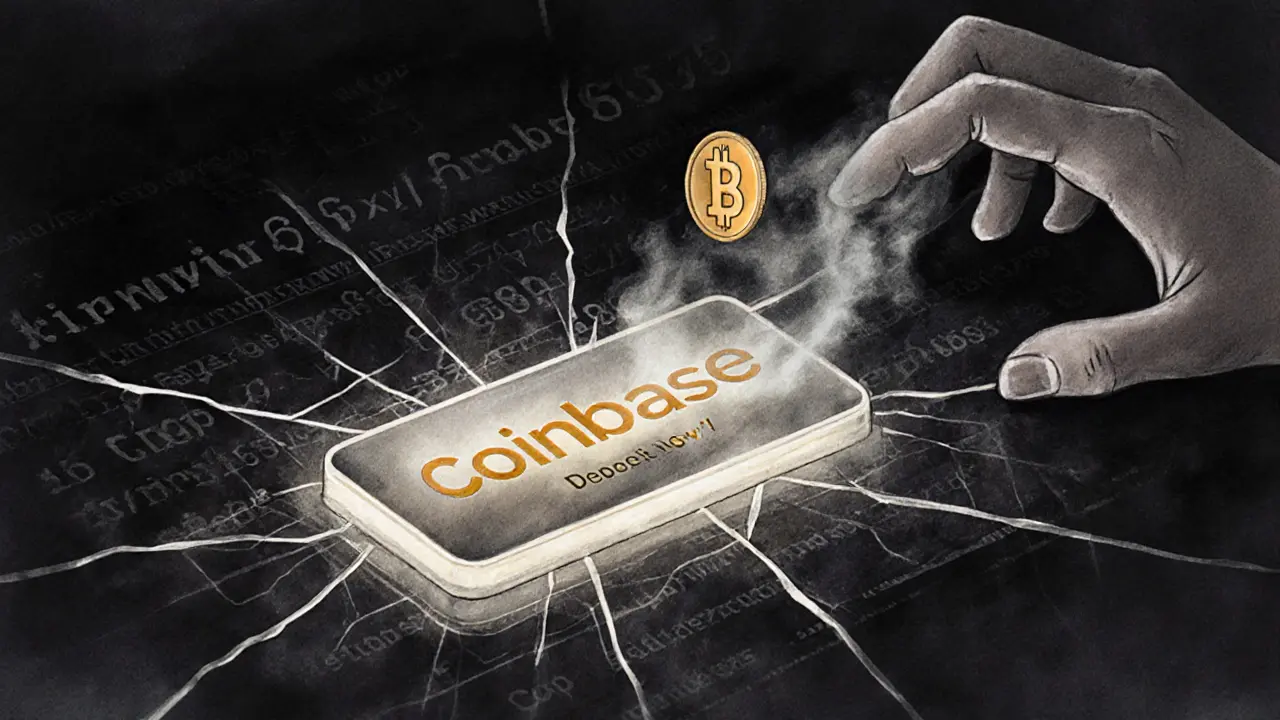Fake Crypto Platforms: How to Spot Scams and Avoid Losing Money
When you hear about a new crypto project that promises 10x returns with no risk, it’s usually a fake crypto platform, a deceptive online service designed to steal funds by mimicking legitimate exchanges or tokens. Also known as crypto scam, these operations vanish overnight after collecting deposits—leaving users with worthless tokens and no way to recover their money. They don’t have real teams, whitepapers, or audits. Instead, they use flashy websites, fake testimonials, and paid influencers to look real. If you’ve ever seen a coin with no trading volume but a trending Twitter thread, or an exchange that won’t let you withdraw, you’ve seen a fake crypto coin, a token created solely to pump and dump, with no utility, no development, and no roadmap.
These scams thrive in the gray areas of crypto. Projects like crypto exchange scam, a fraudulent trading platform that mimics real exchanges like Binance or Coinbase but controls your funds and blocks withdrawals often copy the design of trusted sites. They promise low fees, fast trades, and high yields—but once you deposit, your account disappears. The same goes for tokens like W Coin (WCO) or Zeus (ZEUS), which show up on exchanges with no team, no code updates, and zero real use. These aren’t investments. They’re digital traps. Even some airdrops, like the FEAR Play2Earn NFT tickets, were real at first—but turned into ghost projects when the team vanished. And don’t be fooled by names that sound official. Chainbase and Kava Swap are real projects. But if you see something like "truezeuscoin.com" or "PunkCity" with no GitHub activity and no public team, it’s a red flag.
Real crypto platforms have transparency. They publish audits, have active developers on GitHub, and respond to user questions. Fake ones don’t. They rely on hype, urgency, and fear of missing out. If a project won’t tell you who’s behind it, or if their website looks like a template bought for $20, walk away. The market is full of legitimate tools, exchanges, and tokens—but also full of predators hiding in plain sight. Below, you’ll find real-world examples of what these scams look like, how they trick people, and what to check before you ever send a single dollar.
Cryptobuyer Pro Crypto Exchange Review: Avoid This Scam
Cryptobuyer Pro is not a legitimate crypto exchange-it's a known scam. Learn how it works, what red flags to watch for, and which real exchanges you can trust instead in 2025.
VIEW MORE
